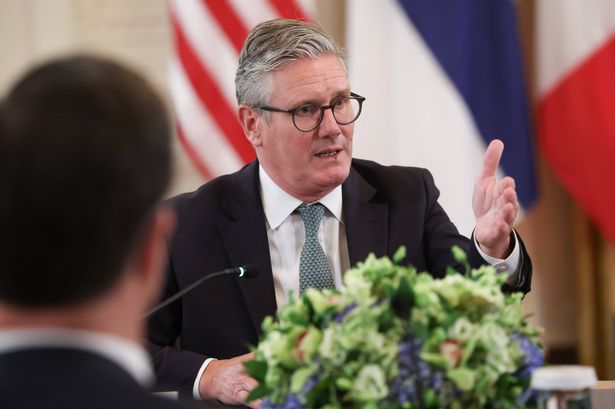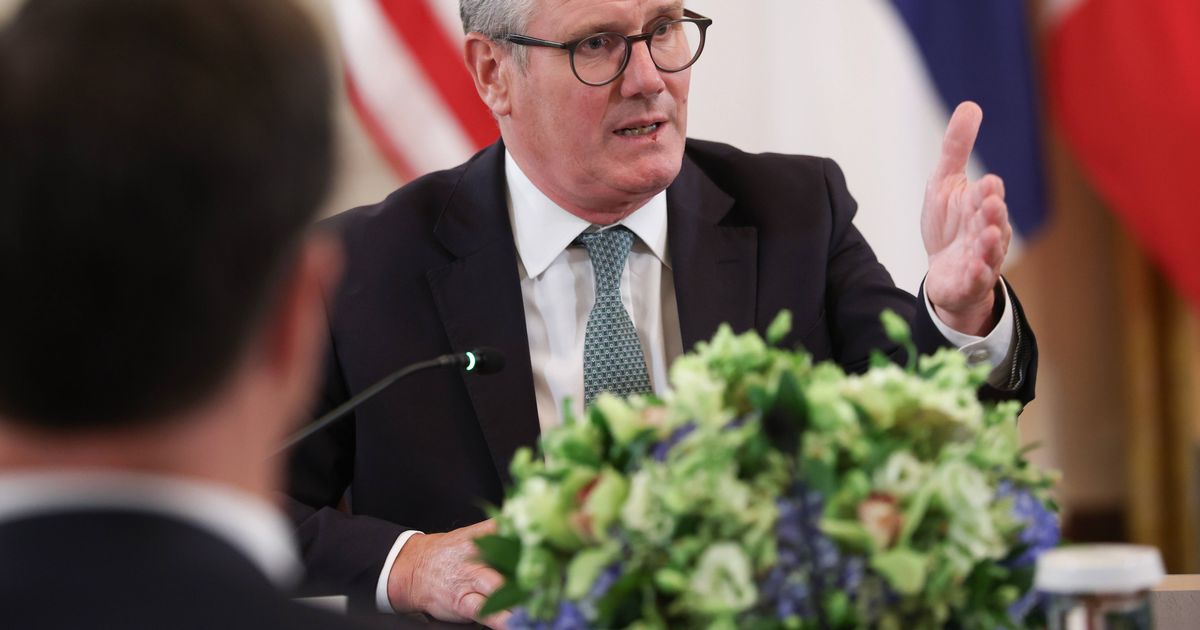The BBC is reportedly considering a new licence fee that would see households forced to pay even if they don’t watch traditional television – and Brits are not happy
Adam Toms Senior Politics and Transport Reporter
09:06, 29 Aug 2025
 The government is considering alternatives for the BBC TV licence fee(Image: Win McNamee, Getty Images)
The government is considering alternatives for the BBC TV licence fee(Image: Win McNamee, Getty Images)
Brits are furious about a BBC licence fee “con trick” that could force households to shell out cash even if they never watch conventional telly. Speculation has suggested that viewers who favour streaming platforms such as Netflix, Amazon Prime, and Disney+ could be dragged into paying the licence fee despite not using traditional TV services.
With the BBC’s 11-year charter set to expire in December 2027, Sir Keir Starmer, HM Treasury, and the Department for Culture, Media and Sport (DCMS) are examining fresh funding approaches for the broadcasting giant, which currently relies mainly on the licence fee alongside earnings from commercial arms.
Sky News viewers have been vocal about their views on the potential arrangement. One person condemned the idea, declaring: “The BBC TV licence is a scam and needs to be stopped.” It comes as Strictly’s Vicky Pattison films for BBC show in Newcastle as fans make ‘dream partner’ demand.
We have a dedicated newsletter for ChronicleLive’s money-saving and cost of living stories. It’s free and you can sign up to receive it here. It will keep you up to date with all the latest money news and budgeting tips as well as stories on the cost of living crisis in our region.
“There is no logical reason we still have to pay it. Even for those who watch ‘traditional TV’.”
Another added: “The licence fee – it’s like Sainsbury’s saying you owe them for the groceries you’ve just bought at Aldi. It’s nonsense.”
A separate individual voiced their anger: “How can they justify charging people to fund the BBC when I watch services such as Netflix and Disney because the BBC is garbage! I will not be paying any such licence!”. Some reactions were quite dramatic, verging on exaggeration, with one person declaring: “Not possible. TV licence was brought in for the BBC, they cannot add Netflix or any streaming service to it.
“If they do, that breaks the law. Disgusting government in this country. I’d rather live in North Korea.”
Ideas for different ways the BBC could raise money have been suggested, with one person recommending that the broadcaster should either “shut up shop or start advertising”.
Another person asked: “Why can’t the BBC just put adverts in their programmes to scrap the TV licence? We are all used to other channels doing it.”
The substantial pay packets of some of the corporation’s biggest names also sparked debate, as one remark pointed out: “Has BBC thought about reducing their high wages?”.
They went on: “Their highly paid staff earn far higher than other professionals in other sectors of the economy. Is the public expected to keep funding this in this cost of living crisis?”.
A spokesperson for the BBC commented: “We want everyone to get value from the BBC, which is why we’re focused on delivering what audiences want from us – trusted news, the best homegrown storytelling and the moments that bring us together.”
“The public cares about the BBC and this year, we will launch our biggest ever public engagement exercise so audiences can help drive and shape what they want from a universal and independent BBC in the future. We look forward to engaging with government on the next Charter and securing the long term future of the BBC
Responding to Liberal Democrat MP Mike Martin’s query on whether discussions had taken place about levying a TV license for users of streaming-only services, DCMS Minister Stephanie Peacock replied in writing last week: “The Government is keeping an open mind about the future of the licence fee, and firmly believes that the unique obligations placed on the BBC demand continued, sustainable public funding to support its vital work.”
Adding to her statement, Ms Peacock said: “There are a range of alternatives and we are thinking creatively about options for the future, to ensure we future-proof our national broadcaster for many years to come. The Government will be taking forward the question of how the BBC is funded as part of the Charter Review process.”
